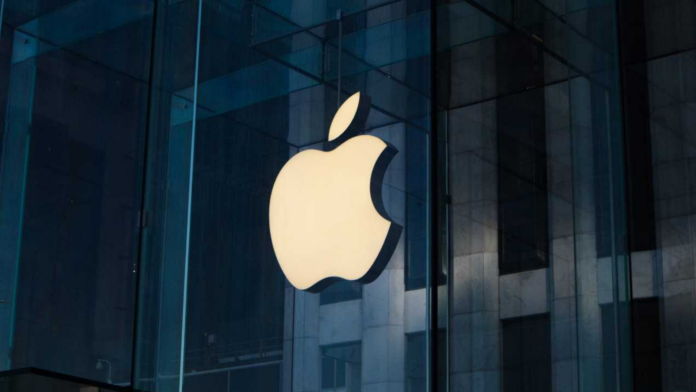In the vast and ever-evolving tech landscape, Apple has stood out as a beacon of innovation, continuously pushing the boundaries of what’s possible. Yet, for all its groundbreaking successes, the journey has been peppered with ambitious projects that didn’t quite make it to the finish line. Most recently, Apple made headlines by shelving its much-anticipated autonomous electric car project, redirecting its focus towards the burgeoning field of generative AI. This pivot away from automotive dreams, despite the allure of competing with giants like Tesla, marks another chapter in Apple’s storied history of trial, error, and evolution.
Dubbed Project Titan, Apple’s foray into the automotive sector was buzzworthy from the get-go. Launched in 2014 and bolstered by hiring key figures from Tesla and Ford, the project’s cancellation not only impacted employees through job losses and internal transfers but also left us pondering what could have been in an Apple-dominated auto industry.
But Project Titan is just the latest in a series of Apple’s shelved dreams. The tech giant’s path is strewn with projects that sparked intrigue but ultimately fell short of their ambitious goals. Take, for instance, the AirPower wireless charging mat. Announced in 2017, it promised the convenience of charging three devices simultaneously. However, by 2019, Apple had to admit defeat, unable to meet its lofty standards, and pivoted to the more modest MagSafe Duo.
The realm of television also saw Apple’s reticence to enter fully. Despite rampant speculation about an ultra-high-definition TV set, the project never saw the light of day, leaving us with the Apple TV streaming device instead.
Going further back, Apple’s exploration into tablets predates the iPad by over a decade. Projects like Vademecum and the Newton OS-based MessageSlate showcased early visions for tablet computing, yet both were abandoned, victims of timing and market readiness. Similarly, the PenLite, another tablet prototype, and W.A.L.T., a ‘telephone Mac’, were experiments that never transitioned beyond the conceptual phase.
These narratives of unfulfilled projects are not mere tales of failure but are testaments to Apple’s unwavering commitment to innovation. Each project, regardless of its outcome, has contributed to the tech ecosystem’s evolution, laying the groundwork for future successes. The cancellation of Project Titan might be seen as a setback, but it’s also a strategic realignment, focusing Apple’s resources on areas with immediate potential and impact, such as AI.
Apple’s story is a fascinating blend of unparalleled success and ambitious ventures that didn’t pan out. It’s a reminder that in the quest for innovation, not every experiment will result in a breakthrough, but each attempt pushes the boundaries of what’s possible. As we look towards the future, it’s clear that Apple’s commitment to exploring new frontiers remains undiminished. The company’s ability to pivot, adapt, and continue to innovate ensures that its journey will always be one to watch, filled with lessons on the complexities and challenges of bringing revolutionary ideas to life.
In essence, Apple’s trajectory underscores a vital truth in the tech world: the path to innovation is as much about the projects that don’t make it as those that do. Through its successes and setbacks, Apple continues to shape our digital landscape, reminding us that the spirit of innovation is not just about the victories but also about the courage to venture into the unknown.










